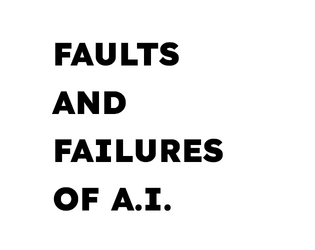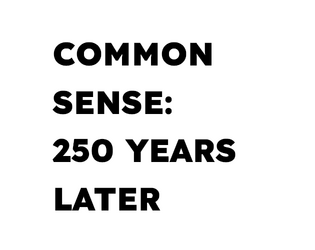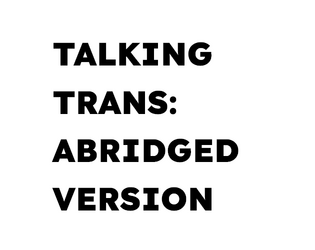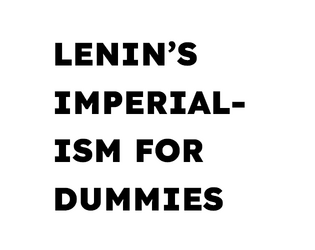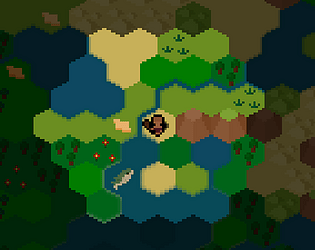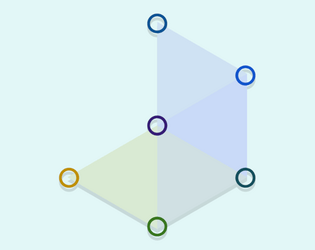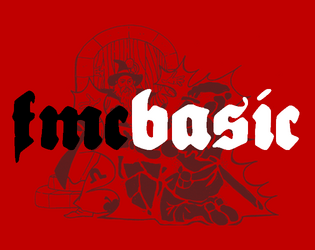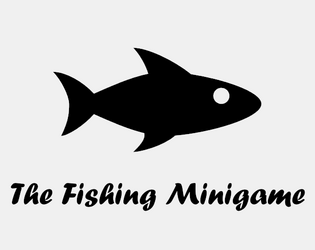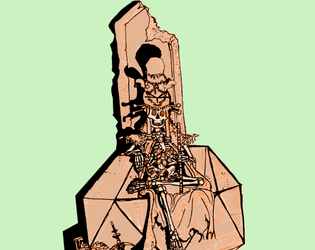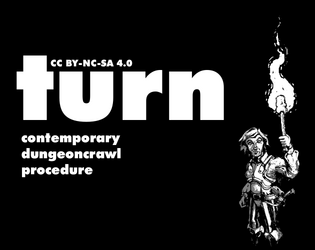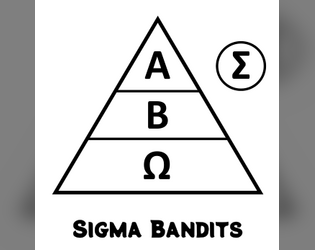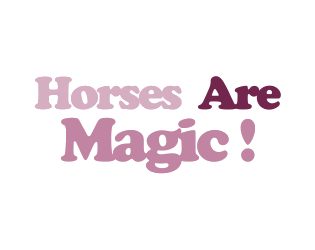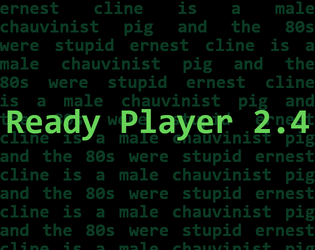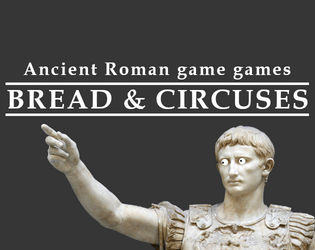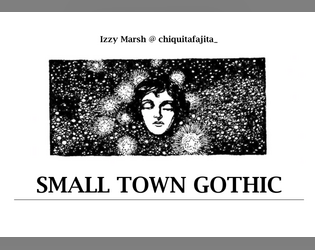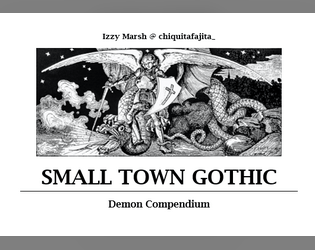I’m so excited to read this in depth after work—the premise itself is mindblowing, and I can’t wait to see how you engage with and synthesize those themes!
Traverse Fantasy
Creator of
Recent community posts
generally speaking, i think translating atomic movement rates for combat into movement rates for large-scale travel feels too finicky and requires more granularity of maps (e.g., basing it on miles rather than hexes, or using even smaller hexes) which i don’t care for.
it’s a concession to the original game that i use speed rating at all in dungeon contexts, since i prefer to count rooms and lengthy hallways as always taking 1 turn to traverse.
thank you! :) yes that’s right, and i totally agree haha! that’s why i think the role of power firms cannot be understated, since they went from having to invest in more (economically) expensive green solutions to having all the supply of cheap energy needed to support AI.
of course, it should be mentioned that all these firms generally have the same shareholders (in financial firms), so they are not just operating out of self-interest but also because the economy is more centrally planned than we usually conceive.
The true picture of the past whizzes by. Only as a picture, which flashes its final farewell in the moment of its recognizability, is the past to be held fast. “The truth will not run away from us” – this remark by Gottfried Keller denotes the exact place where historical materialism breaks through historicism’s picture of history. For it is an irretrievable picture of the past, which threatens to disappear with every present, which does not recognize itself as meant in it.
Walter Benjamin, On the Concept of History
It’s August, so submissions for The Icon0clasm Ball for Fantastic Medieval Campaigns have opened! I’m genuinely excited to see what y’all come up with, because the discursive universe of OD&D needs something new (and, dare I say, it deserves a better reception than as the germ of brand-name Dungeons & Dragons or of old-school revisionism). I’ve made steady progress on my major project for this, and I’m hopefully (hopefully!) going to run it this weekend.
Before leaving you to do your thing, I wanted to reflect on particular phrasing in the jam’s prompt: “This jam challenges you instead to make something novel; to deface the memory of this text with concepts untenable to the Gygaxian imagination; to resurrect this corpse into a new body.” The emphasized phrase, the Gygaxian imagination, struck an interesting chord with people which I initially attributed to pedantry: what is the Gygaxian imagination? What did Gygax imagine, or what do we imagine of Gygax? This was just a provocative bit of language on my part, but the implications are interesting. FMC as a work is concerned with four contradictions:
- Between old-school and historical D&D. How the particular play orientation and culture of the OSR is projected back onto earlier editions of D&D, which especially conflicts with the multiplicity of interpretations and textual dimensions of OD&D.
- Between the D&D of Gygax and Arneson. Not only was OD&D interpreted (i.e., read or played) in various contradictory ways by contemporary readers, but its two authors encode contradictory visions of this game within its source text.
- Between the textual and received OD&D. Similar to the first point, but both more general with respect to reception and more specific with respect to the source text: most readings of OD&D fill in gaps, both within the text as well as one’s own memory of the text, with a vulgar D&D (along the lines of B/X), despite the text’s misalignment with those conventions.
- Between early and late Gygaxian D&D. Gygax’s priorities both as an author and as a player of games (whether of war or role-playing) change over time, reflecting changes in his personal preferences as well as his relationship to D&D as it commercializes.
These contradictions interest me not because of the sanctity of OD&D as some seminal text taken for granted—I only prefer it to other versions of D&D in that it has a particular vision of what it wants to be, as a game, that isn’t over-determined by what it is supposed to be (since later D&D, just about everything after 1974, suffers from knowing it is D&D)—but because those contradictions are microcosms of larger discourses, within the (let’s be honest) repulsive discourse of role-playing games and that of interpretation in general.
Of my own two projects: one satirizes the themes of OD&D, i.e. the manifest and latent content of its fictional discourse, and the other satirizes the reception of OD&D as a text. In other words, if all the above is too high and lofty, think of the prompt as being satirical of OD&D and popular notions of itself. Good luck, and don’t fuck it up!
hi again! i both wanted to let you know that i cleaned up the PDF some and, if you’re prepping a one-shot, you might find my own short prep useful: https://traversefantasy.blogspot.com/2024/08/turtle-island-zombie-affair.html
have fun and thank you again for your interest! :)
hi daniele, thank you so much for your kind words and questions! :)
-
that’s a really good conceptual question, and one that haunts freeform things like this. when i run, i tend to analogize aspects to skills, even though they’re described as nouns. this means i think rangers and swashbucklers are too general since they have many “jobs” (unless you interpret swashbuckling as swordfighting), whereas being an herbalist, an archer, or an acrobat are specific “jobs”.
-
yes, both the cutlass and cuirass are just carried! in practice i think it’s unlikely that someone will carry so many equippable items without actually equipping them, but i wanted to show a variety of items that one might have or come across.
-
that’s a typo, thank you for catching it! revolvers should just do 2 damage.
thank you again, and hope you have fun + keep me updated! :D
hi, thank you—i really appreciate the feedback! having a rest action for cities and diplomacy between teams are the very next things i want to do; i just don’t know how to implement them in a way i’m happy with, yet.
there isn’t really a time-scaling function: meeps and techs both increase in cost the more of them you have, respectively. discovery is supposed to be accelerated by libraries and universities, but their outputs may be too low and the increase rate may be too high. if i can ask, how many hoplites (or meeps in general) did you have at the point where it felt too long?
thank you! :)


